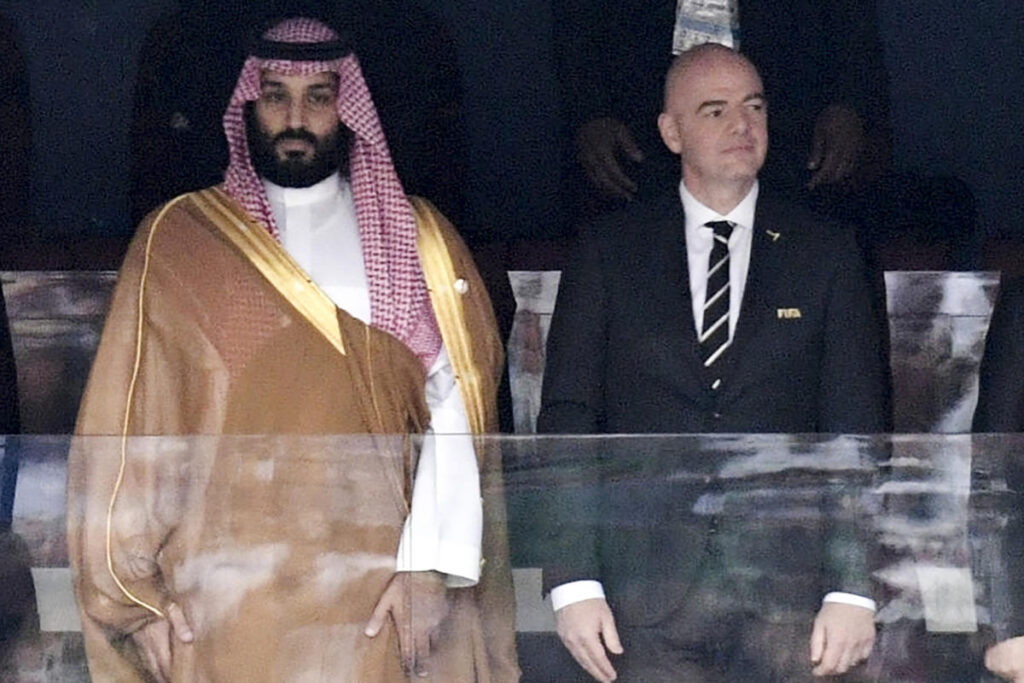In a significant move highlighting the growing tension between sports and ethical sponsorship, over 100 prominent women soccer players, including former U.S. national team captain Becky Sauerbrunn and Dutch star Vivianne Miedema, have united to protest FIFA’s recent sponsorship deal with Saudi Arabian oil company, Aramco. This partnership, announced in April, not only sees Aramco as a sponsor for the upcoming 2027 Women’s World Cup in Brazil but also raises serious concerns due to Saudi Arabia’s concerning human rights record, particularly regarding women’s and LGBTQ+ rights. The players assert that this sponsorship deal is “much worse than an own goal,” indicating that it contradicts the principles of equality and justice that they believe should be integral to the sport.
Becky Sauerbrunn, speaking on behalf of the campaign group Athletes Of The World, underscored the dire situation for women imprisoned in Saudi Arabia and emphasized that women’s rights and the health of the planet should take precedence over FIFA’s profit motives. Her statements convey a sense of urgency and responsibility, as the players call for a reassessment of values within the organization. This collective voice of prominent athletes signifies a broader movement within women’s sports advocating for ethical standards in sponsorship and alignment with social justice issues.
The open letter, backed by a significant number of female soccer players, urges FIFA to seek alternative sponsors whose values align with gender equality, human rights, and environmental sustainability. The signatories demand that players be given a voice in determining the ethical implications surrounding future sponsorship arrangements. This request for inclusion speaks to a growing expectation among athletes today, who increasingly desire to influence the institutional practices that shape their sports.
Vivianne Miedema echoed this sentiment, pointing out that the sponsorship contradicts FIFA’s stated commitment to human rights and sustainability. Her involvement highlights the concern shared among many female athletes about the potential adverse effects of partnering with organizations that do not align with their values. This pushback against FIFA’s decision reflects a broader cultural shift in which players are leveraging their platforms to advocate for a more equitable and just world, both within sports and beyond.
FIFA defended its partnership with Aramco in an emailed statement, emphasizing its commitment to inclusivity and the financial benefits that arise from its commercial partnerships. The governing body pointed out that the revenue generated from such sponsorships is reinvested in developing women’s soccer. However, the players’ protest underscores the tension between financial considerations and ethical responsibilities, raising questions about the direction in which FIFA is heading as it solidifies its ties with controversial entities.
As FIFA prepares to potentially announce Saudi Arabia as the host for the 2034 men’s World Cup, the pushback from female soccer players regarding the Aramco sponsorship serves as a critical reminder of the stakes involved in corporate partnerships in sports. The players’ letter not only calls for immediate change but also signals a larger movement where athletes are increasingly willing to challenge powerful organizations to uphold human rights and environmental integrity. Their advocacy represents a significant evolution in the relationship between sports, sponsorship, and social accountability, which could redefine the landscape of women’s soccer for years to come.

